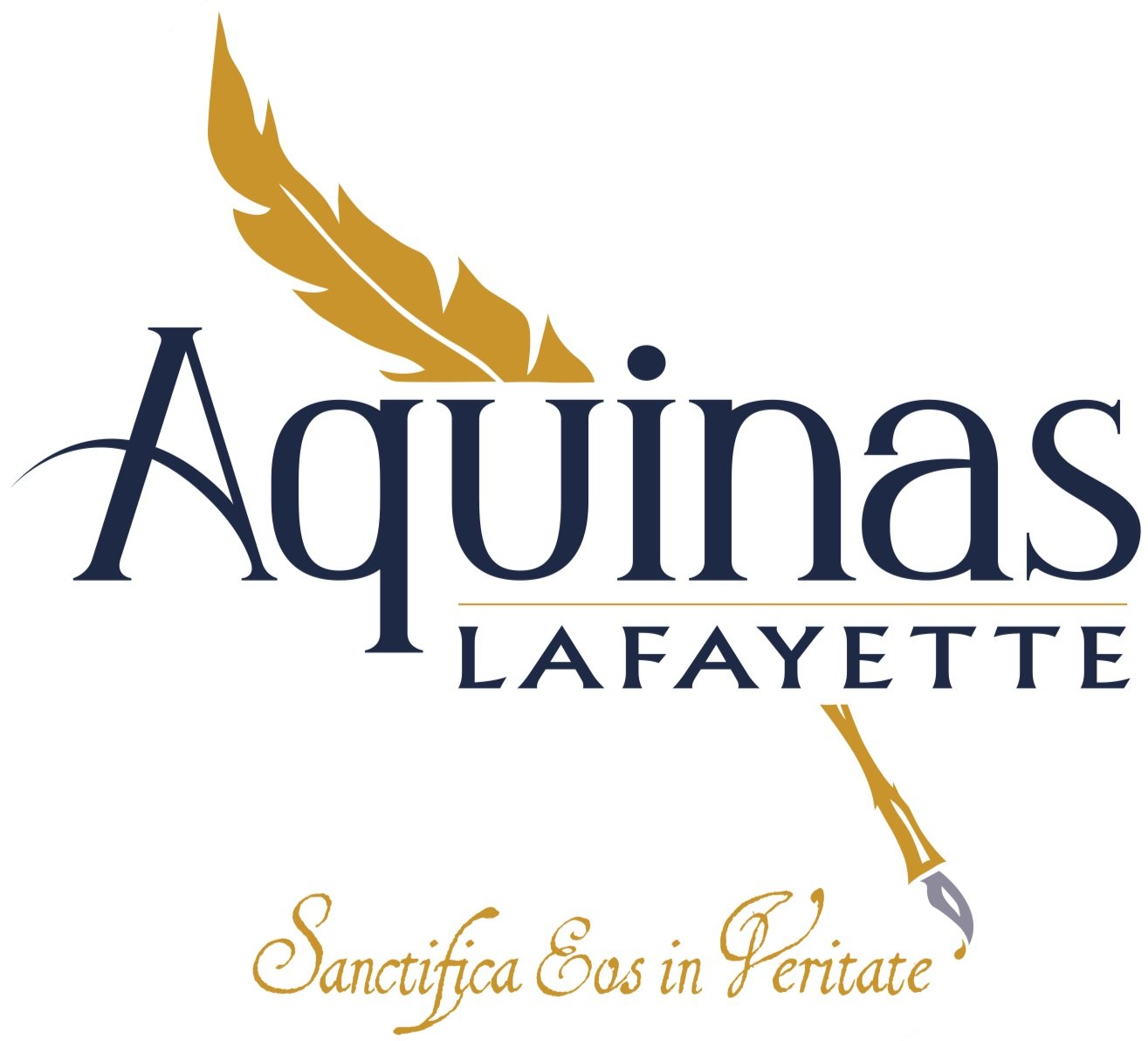What's Unique about Cajun Country?
Growing up, I had always known that Louisiana was unique as its culture, geography, and history are unlike any other place. I was raised in a rural part of the Florida Parishes by my New Orleanian parents who never let me forget how special our home is. Thanks to them, I have a great appreciation for Red Beans and Rice, Saints football, and Mardi Gras. Yet growing up in the Florida Parishes meant that I rarely ever got the opportunity to experience firsthand what the rest of the world considers when it thinks of Louisiana: Cajun Culture.
There once was a time when I didn’t fully understand why Louisiana culture was so different. I often asked myself questions such as, “What’s the point of Mardi gras? Why do we have parishes instead of counties? What’s the deal with the French that I see here and there?”
The answers that I were searching for came when I was in my 8th grade social studies class where I learned about the history of Louisiana. Throughout the year my teacher, Ms. Wagner, taught us many things about our home; First of which, was the role that the Catholic faith has played in our state’s history. When I discovered this truth, my heart became all the more enflamed with love for my home. Little did I know then, that what I was learning would remain valuable to me for the rest of my life.
That class helped me realize that there was a connection between the two things that I loved the most, the Catholic faith and Louisiana culture. I began to understand that the former was the key to interpreting the latter. In short, that the Catholic faith is what shaped Cajun culture; and the same culture is conducive to the fostering of my own Catholic faith still today.
The lesson that captured my heart the most was the one where we learned about Le Grande Derangement in which the Acadians were exiled from Nova Scotia at the hands of the British due to their Catholic Faith. Searching for refuge, they traveled far and some settled in Louisiana where they would begin to build a new life. More specifically they navigated down the curvy, almost snake-like Bayou Teche and eventually took their first step on dry land that would one day be known as St. Martinville.
I likened the first Cajuns to the Israelites who sought not only a promised land filled with milk and honey, but one where God could be worshipped freely. Further, I saw that the promised land itself has in a very real way become a “Holy Land” where the faith is cherished and celebrated.
From that newly gained perspective, I quickly began to make connections and understand the “whys” behind the “whats” of Cajun culture. The reason for the celebration of Mardi Gras, why counties are called “parishes”, the odd frequency of Catholic Churches around, and the occasional sighting of la langue francaise made all the more sense. The only questions that remained unanswered were...”Am I a Cajun?” and “What does it mean to be a Cajun?”
All of this being said, one of my favorite things to do to keep that flame of love for our culture burning is visiting “Petite Paris”, St. Martinville. I like to walk the banks of Bayou Teche that runs through it and imagine what it must’ve looked like when boats filled with the Catholic Acadians traveled down the bayou for the first time over 256 years ago. In my mind, it must have been a solemn procession! God undoubtedly led his people through the southern Swamps, and Mary assuredly provided her protective intercession. As I look at the waters, I recall the words of Bishop Schexnayder who said, “The waters of the Teche will be drained to the ground before the people of Acadiana lose their Catholic Faith.” If true, the enemy might be waiting awhile!
In this series, I wish to unravel in further detail the connection between the Catholic faith and Cajun Culture and show how that same faith is what sustains it, as well as pondering what it means to be a Cajun.



